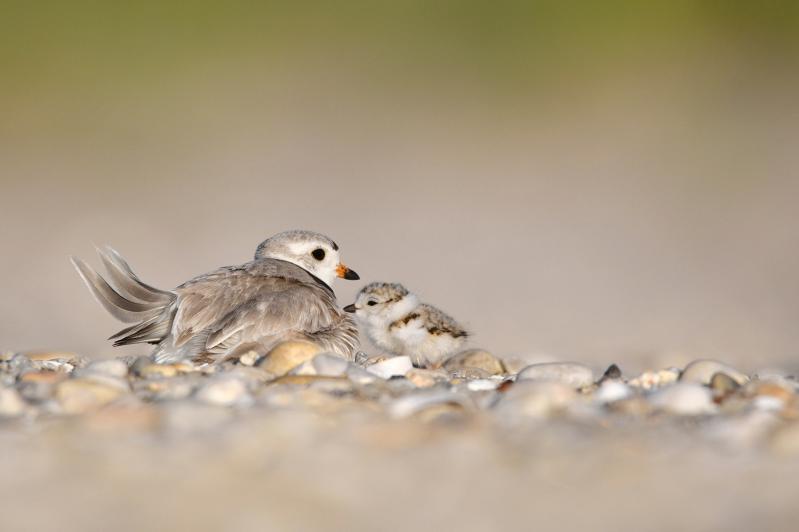The New York State Department of Environmental Conservation urged New Yorkers last week to remember that as the weather gets warmer and wildlife wakes up, the safest way for everyone to appreciate it is from afar.
In a statement, interim Commissioner Sean Mahar said, "While some might think these baby animals need assistance, human interactions with wildlife typically do more harm than good. Please remember: If you care, leave it there."
The D.E.C. also stressed that "young wild animals like fawns and baby birds are rarely abandoned." It is quite common for the parents of these creatures to leave them somewhere safe and hidden from predators while they are away. Interacting with or moving them can interfere with the species' natural order.
According to the D.E.C., birds in particular spend about two weeks growing in the nest before they are ready to go out and explore. There are adult birds nearby to look after them. Additionally, fledglings often spend time on the ground or low branches hopping and fluttering around, adjusting to the world around them. If a young bird is alert, feathered, and moving around, the D.E.C. says, it is best to leave it alone. However, if a nestling is found out of the nest or on the ground and cannot easily be returned to the nest, the D.E.C. recommends keeping a safe distance and calling a wildlife rehabilitor.
When fawns are born in late May or early June, they generally can walk on their own fairly quickly but still spend most of their first days of life lying in tall grass, in leaf litter, or even in an unconcealed space. It is very common for a fawn to be left alone by its mother except for when it needs to be nursed. "Fawns are vulnerable to predators during this period," the D.E.C. said. "If human presence is detected by the doe, the doe may delay its next visit to nurse." To protect themselves fawns naturally have a coloration that camouflages them when motionless, as they often are, so they should be left alone.
If there is a more serious case of a sick or injured animal, the D.E.C. once again recommends contacting a wildlife rehabilitator, for which information can be found on the New York State website. The D.E.C. stresses that "rehabilitators are the only people legally allowed to receive and treat distressed wildlife, and have the experience, expertise, and facilities to successfully treat and release wild animals."
Additionally the D.E.C. warns of an "increased risk of rabies in raccoons, skunks, foxes, and bats." People are reminded "not to handle these species directly."




